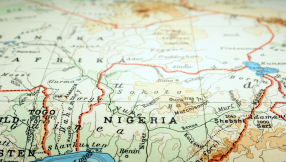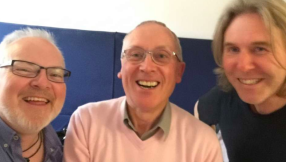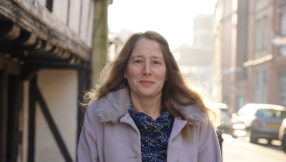Christian groups have raised serious concerns over government plans to stop illegal immigration into the UK.
Under the Illegal Migration Bill announced by the government this week, people arriving in small boats across the English Channel will be prevented from claiming asylum and deported back to their own country, Rwanda or a "safe third country".
William Neal, detention outreach caseworker for Jesuit Refugee Service UK, told the Vatican News Service that the plans punish refugees for being forcibly displaced.
"Essentially, the bill, as it stands at the moment is attempting to punish people who arrive in the UK, having crossed the Channel, as a way ... of signalling to those who may be thinking of coming to the UK, that they are not welcome to make that journey," he said.
He added, "We need to discuss and provide ways in which people can safely travel to a country of sanctuary and settle there. We also need to address the reasons why people are fleeing in the first place."
Christian advocacy group CARE said that human trafficking victims may be the "collateral damage" of the measures.
CARE's trafficking policy expert Rebecca Stevenson said the plans will make it harder for victims to come forward and ask for help.
"We are seriously concerned that these proposals will do nothing to help victims of human trafficking being brought to our shores, or those already here who are currently being exploited," she said.
"In fact, the approach signalled by the government could undermine efforts to identify victims and ensure that justice is served.
"This legislation could create a closed loop that fuels human trafficking. People being exploited already face huge barriers to coming forward. They will find it even more difficult to do so when seeking help could see them immediately deported. Many will conclude it's better not to speak out at all.
"Modern slavery remains a high-profit, low-risk crime and conviction rates are low. We need to identify more victims and the evidence required to convict criminals. Doing this will also be made much more challenging in an environment where people fear engaging with the state due to their immigration status."













